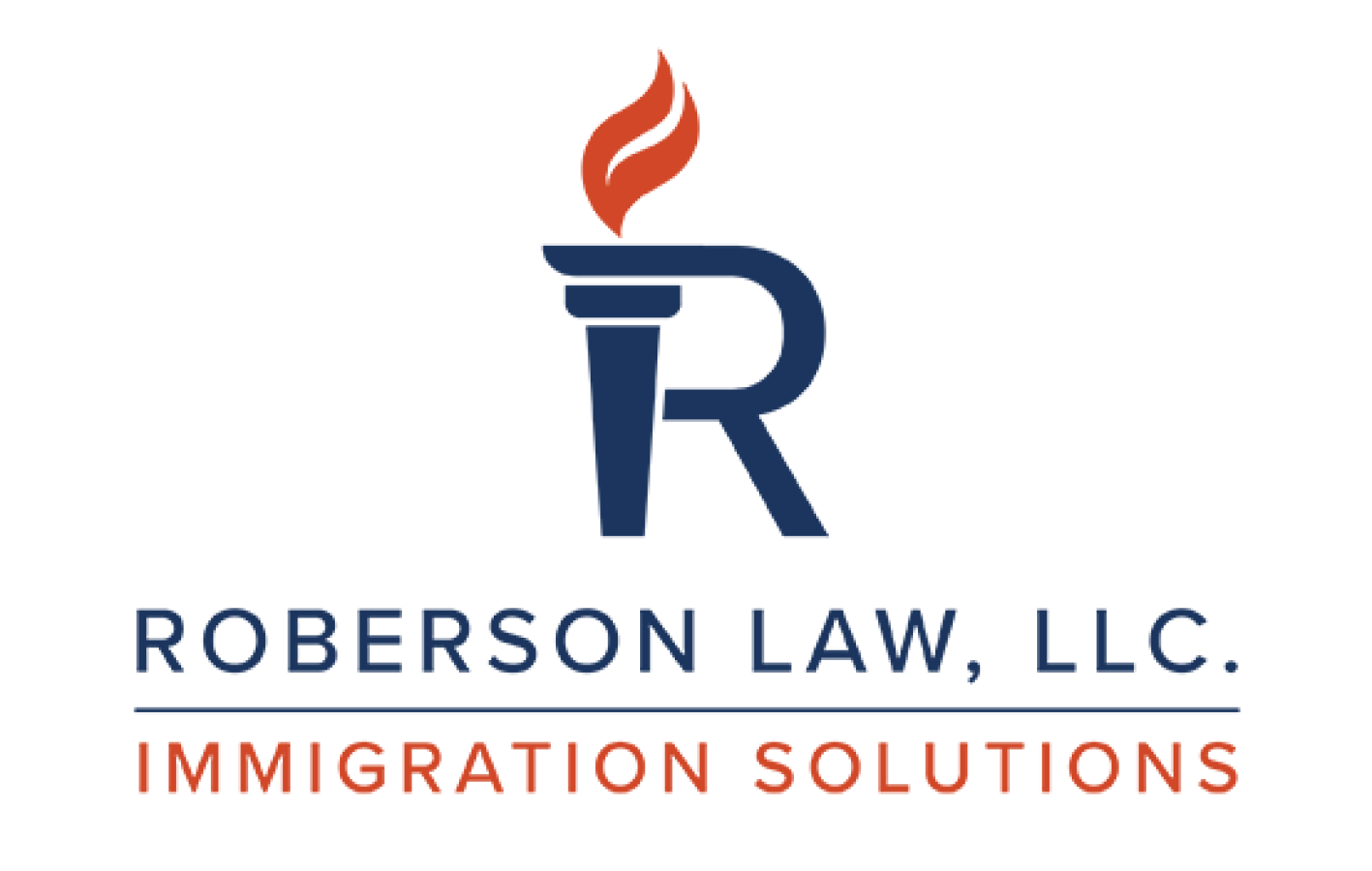The new U.S. Administration has aimed to undo much of the predecessor’s immigration legacy, the blueprint offers new details about how far-reaching the effort will be — not only rolling back the previous U.S. Administrations’ policies but also addressing backlogs and delays that plagued prior presidents.
The blueprint, dated May 3 and titled “D.H.S. Plan to Restore Trust in Our Legal Immigration System,” lists scores of initiatives intended to reopen the country to more immigrants, making good on the president’s promise to ensure America embraces its “character as a nation of opportunity and of welcome.”
As reflected in the blueprint, the goal of the effort is to rebuild and expand the opportunities for foreigners to enter the United States — but to do so legally.
Divided into seven sections, the document offers detailed policy proposals that would help more foreigners move to the United States, including high-skilled workers, trafficking victims, the families of Americans living abroad, American Indians born in Canada, refugees, asylum-seekers and farmworkers. Immigrants who apply online could pay less in fees or even secure a waiver in an attempt to “reduce barriers” to immigration. And regulations would be overhauled to “encourage full participation by immigrants in our civic life.”
A summary of USCIS Naturalization Policies Issued Since January 2021:
On Feb. 22, 2021, USCIS announced the reinstatement of the 2008 civics test, effective March 1, 2021.
On May 24, 2021, USCIS published a technical update to the USCIS Policy Manual that incorporates into Nationality Chart 3 the new INA 320(c) provision, as amended by Section 2 of the Citizenship for Children of Military Members and Civil Servants Act, regarding the automatic citizenship of a foreign-born child of a U.S. citizen employee of the U.S. government or member of the U.S. armed forces.
On May 25, 2021, USCIS published guidance that applicants who are outside the U.S. for one year or more to engage in ministerial or priestly functions may treat such time abroad as continuous residence and physical presence in the United States for naturalization purposes.
On May 27, 2021, USCIS published guidance regarding an applicant’s registration to vote through a state’s department of motor vehicles or other state benefit application process and the effects on an applicant’s good moral character. This guidance also clarified that USCIS will not penalize applicants who unknowingly or unwilfully register to vote and that USCIS does not consider an applicant to have unlawfully registered to vote if they did not complete or sign the voter registration section.
On May 28, 2021, USCIS published guidance to clarify that certain naturalization applications filed by veterans of the U.S. armed forces who served honorably during specifically designated periods of hostility and meet all other statutory requirements for naturalization are able to naturalize and become U.S. citizens in accordance with U.S. immigration laws.
Now, in July of this year, The Administration still aims to make more progress and USCIS still has more to work through. With a rapidly changing legal landscape, it is important to have adequate representation for you and your family.
Do you or a loved one need help with your immigration case? Call us today for a consultation.
Photo by Max Ostrozhinskiy on Unsplash







